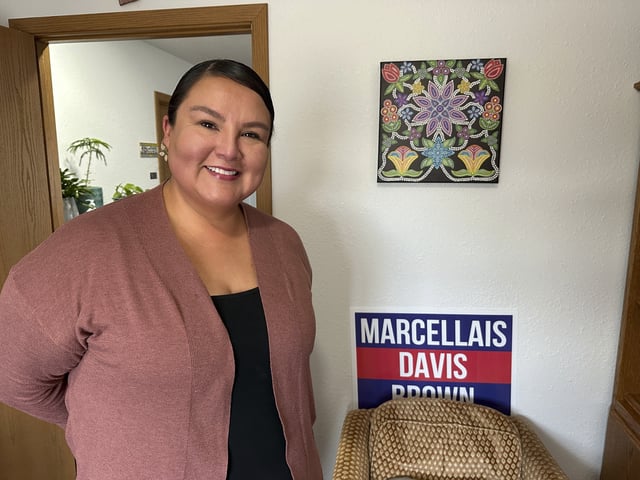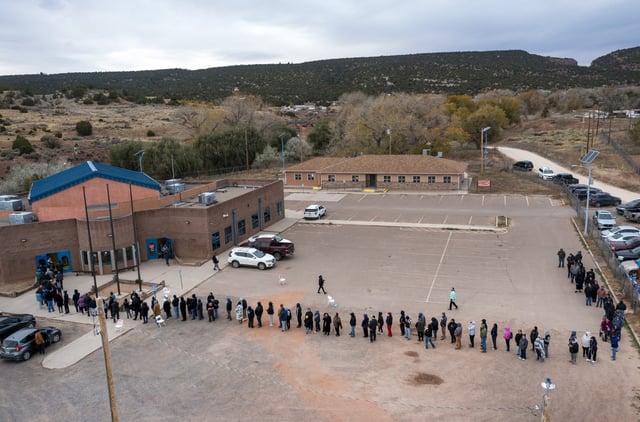Overview
- The Supreme Court asked parties in Louisiana v. Callais to file briefs on whether the state’s creation of a second majority-Black congressional district infringes the Fourteenth or Fifteenth Amendments.
- By revisiting the constitutionality of race-based mapping, the justices appear poised to reevaluate Section 2 of the Voting Rights Act without directly citing the statute.
- Earlier this year the 8th U.S. Circuit Court of Appeals ruled that private individuals and advocacy groups lack standing to sue under Section 2, sharply curtailing a primary enforcement tool.
- Under Attorney General Pam Bondi, the Justice Department has pulled back from civil-rights enforcement and dropped multiple voting-rights cases in favor of voter fraud probes.
- Experts warn that declaring majority-minority districts unconstitutional could upend dozens of such districts nationwide, jeopardizing minority representation ahead of the midterms.



